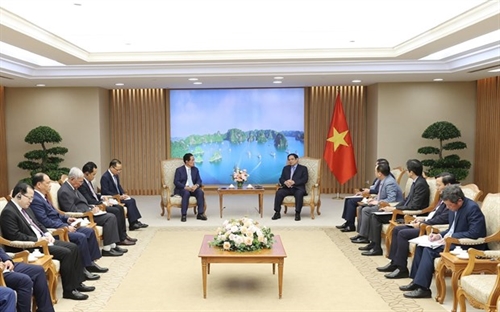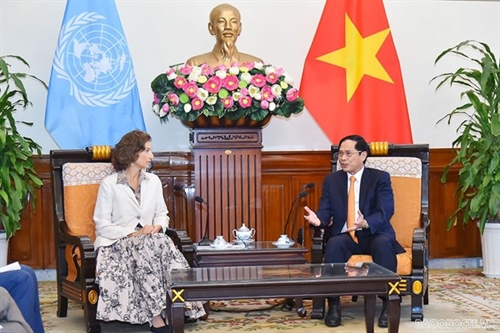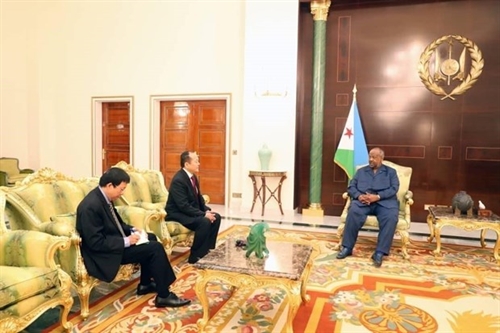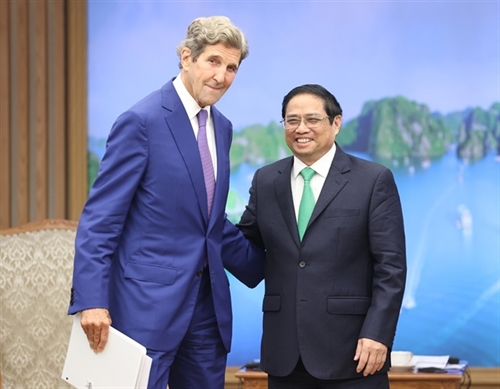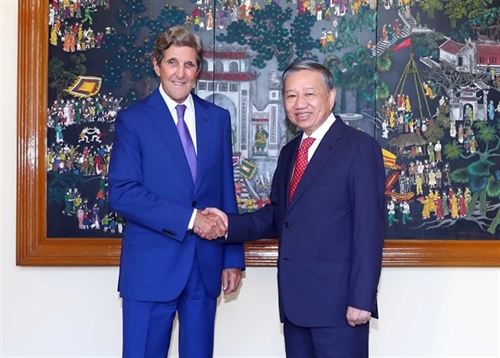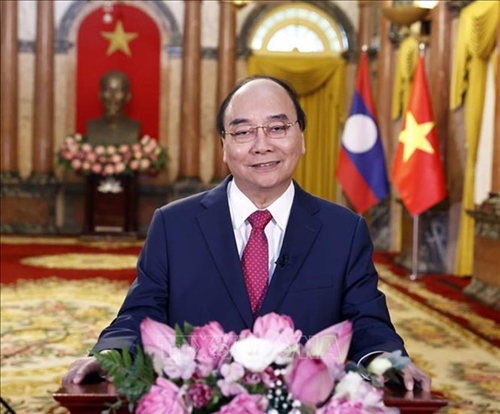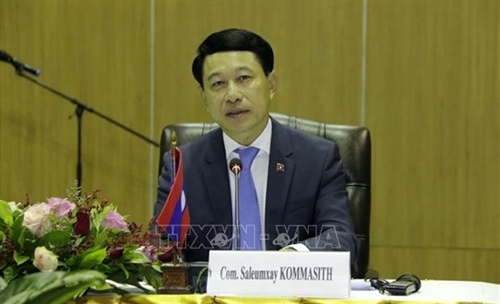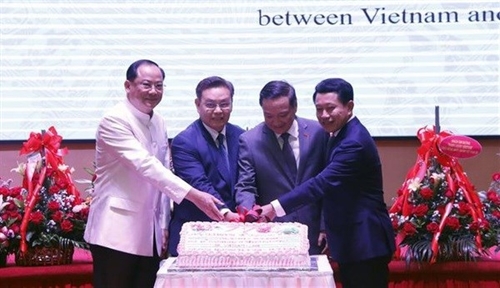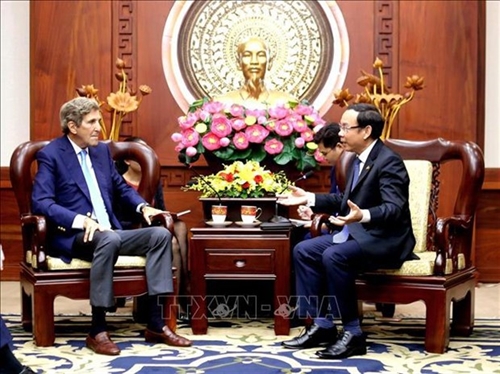Vietnamese enterprises should study the use of different dispute resolutions to settle disputes with foreign partners more efficiently, especially as commercial disputes are tending to rise in line with Vietnam’s deeper integration in the global economy through free trade agreements (FTAs).
To date, Vietnam has signed 15 FTAs with many countries and regions, of which the UK-Vietnam Free Trade Agreement (UKVFTA) was the latest put into force in May last year.
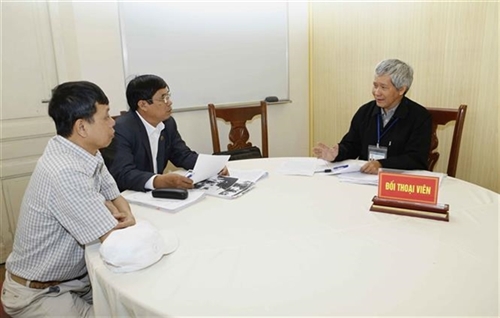 |
| A mediation session at the Hanoi court__Photo: VNA |
Nguyen Ngoc Son, standing member of the Science, Technology and Environment Committee of the National Assembly, said in the international business and investment environment, disputes are inevitable and Vietnamese businesses must comply with the "rules of the game" in the global market.
Transactions involving foreign partners are subject to different legal systems, commercial practices and business cultures which increase the risk of disputes. New business models and Industry 4.0 are leading to changes in dispute resolution methods (e-Courts, online adjudication…) and the scope of jurisdiction to resolve disputes.
Currently, there are four methods of trade dispute resolution, including negotiation, mediation, court or arbitration. Each has certain advantages and limitations, depending on the choice of the parties who have the need to resolve disputes.
Son said in essence when a dispute occurs, the parties involving the dispute all want to find a solution that best ensures their interests and minimizes the negative impact on their relationship and is less costly in terms of time and money. Therefore, seeking and applying an appropriate dispute resolution is extremely important.
In FTAs, the bilateral dispute settlement mechanism provides an effective mechanism for enforcing those commitments and for resolving any disputes that arise. Ideally, the parties should mutually agree on solutions and avoid disputes through dialogue but if not feasible, the dispute settlement mechanism provides a way to resolve trade irritants through binding decisions of a panel.
The UKVFTA replicates the effects of the dispute settlement provisions in the EU-Vietnam FTA mutatis mutandis. However, if a dispute arises, the UK will be directly responsible for any relevant costs associated with the dispute settlement process.
This mechanism ensures a faster system through stricter deadlines compared to the WTO mechanism (up to 425 days compared to WTO’s 860 days), a more efficient system of panel composition, a more transparent system (amicus curiae, public hearing) and an innovative system through the establishment of an elaborated mediation mechanism.
According to the Vietnam International Arbitration Center (VIAC), the practice shows that the use of alternative dispute resolution (ADR) is a popular trend in the global business community given its effectiveness and efficiency.
ADR means any procedure, agreed to by the parties of a dispute, in which they use the services of a neutral party to assist them in reaching an agreement and avoiding litigation. They include arbitration, mediation, negotiated rulemaking, neutral fact-finding and minitrials.
